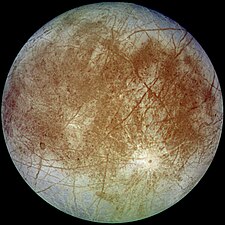fncceo
Diamond Member
- Nov 29, 2016
- 42,751
- 35,340
- 3,615
And, as much as "why only once" are the many miraculous (for lack of a better word) events that got us here. The "why only once" doesnt just apply to the origin of life. Why did eukaryotes only develop once and what are the odds? Why chirality? Why ATP Synthase and why only once there? Why "wobble pairs" in the third codon?
It always seems as if life is driving towards something and though improbable filters. I would say "impossible" filters but obviously they happened....once.
There no reason to believe that alternative forms of organic molecules evolved in parallel with those what make up life today and being less suited to their evnironment and became evolutionary dead ends.




